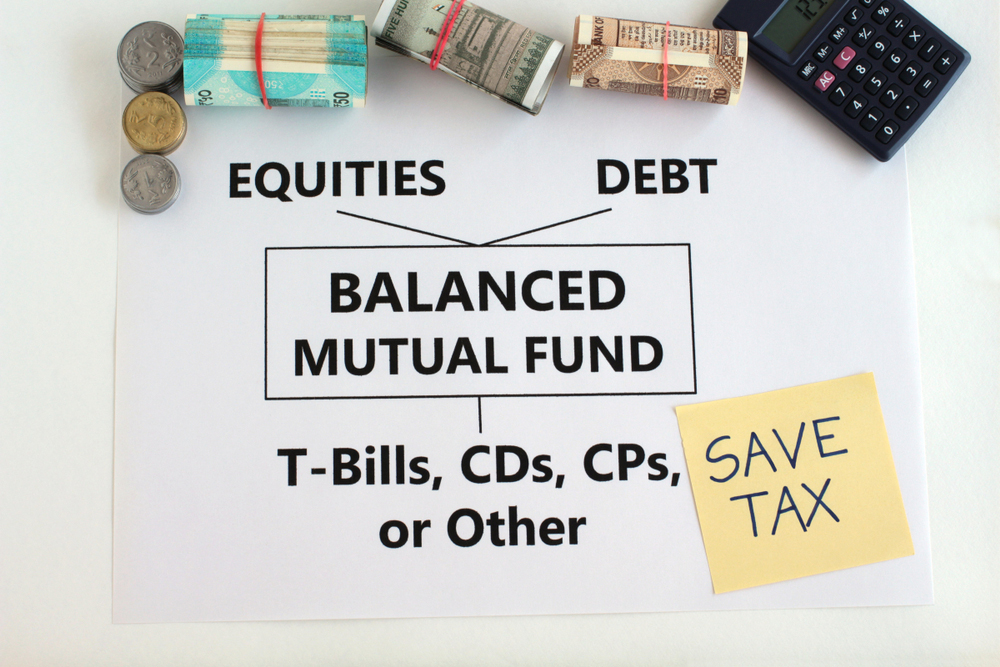Finance minister Nirmala Sitharaman said her new tax regime aims at simplifying income tax. I’m tempted to agree but would add that it puts the onus on you to understand which regime serves you better: the old one with higher tax slabs with deductions, or the new one with lower taxes and no deductions.
Therefore, it becomes even more important now to pay attention to your finances to enjoy lower tax liabilities.
What’s clear, though, is this: the new regime provides you the chance to rethink income tax savings altogether. It thus drags the focus to higher disposable income, investing to create wealth, and protection as the primary goal for insurance. Let’s look at why you must understand the differences between the two regimes in 2020-21.
No need to save?
Under the proposed new regime, as you will forgo tax deductions, you will not be required to buy tax-saving instruments. You must understand the pros and cons of not owning tax-savers. Some of the pros: you don’t need to buy tax-saving investments with low returns, high charges, and poor liquidity. You can instead focus on wealth creation through market-linked instruments with higher returns, higher liquidity, and lower charges. The cons: many Indians invest and insure only to save taxes and may thus stop doing so altogether.
In the ongoing economic slowdown, many Indians have started consuming their savings. Therefore, not saving at all — be it through tax-savers or otherwise — is risky. Therefore, if you opt for the new regime, do not stop investing for your future.
Don’t avoid cover
The new tax regime provides you the chance to focus on insurance as a protection tool. Therefore, without worrying about hitting the exemption limits (such as Rs 1.5 lakh under Section 80C), you can focus on buying term insurance for the long-term protection of your financial dependents. You can buy health insurance to guard against expenses related to hospitalisation and critical illness. While you will not claim deductions against these, you still need to buy them for your family’s protection.
Deductions needed
The new rules don’t necessarily work in everyone’s favour. Citing Sitharaman’s example from the speech, let’s say your income was Rs 15 lakh. Without deductions, you pay Rs 273,000 as taxes under existing rules, and Rs 195,000 under the new rules. But if you availed necessary deductions (such as home loan repayments, children’s tuition fees, life and health insurance premiums, education loan interest deductions) totalling up to Rs 300,000, your taxes reduce to Rs 179,400. Therefore, high deductions do make a huge difference in certain cases, and absolute tax rates vary from one individual to another. Therefore, you’d do well to understand the financial math.
In conclusion, a deduction-free, simplified tax slab structure may not necessarily save you more taxes. Even if you don’t invest or insure, you may be eligible for deductions through HRA, children’s tuition fee, provident fund contributions, and spends eligible for deductions. Therefore, give your finances a good, hard look and even seek professional tax advice — not what the FM wanted but might be required, nonetheless.
Adhil Shetty is CEO, BankBazaar.com











